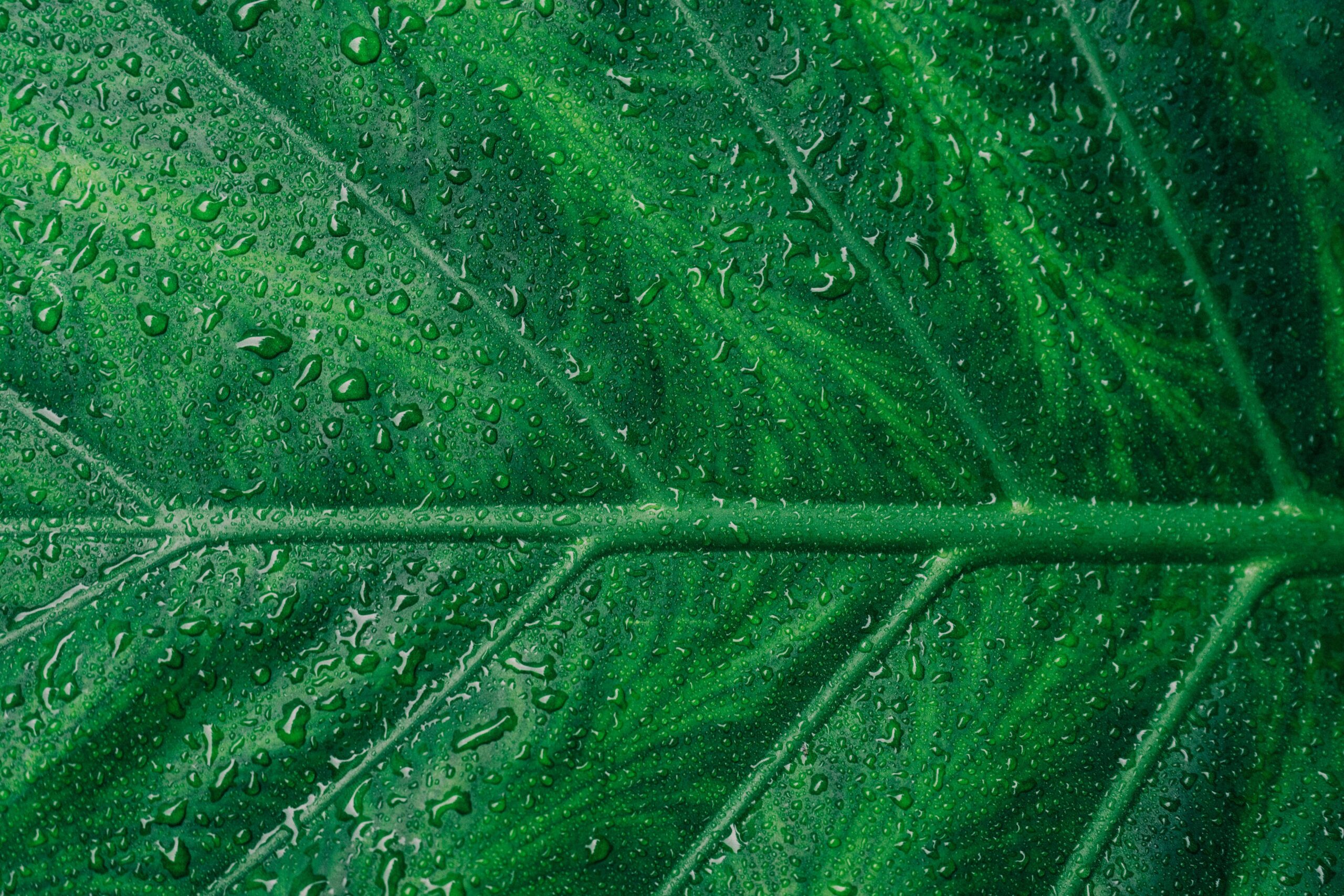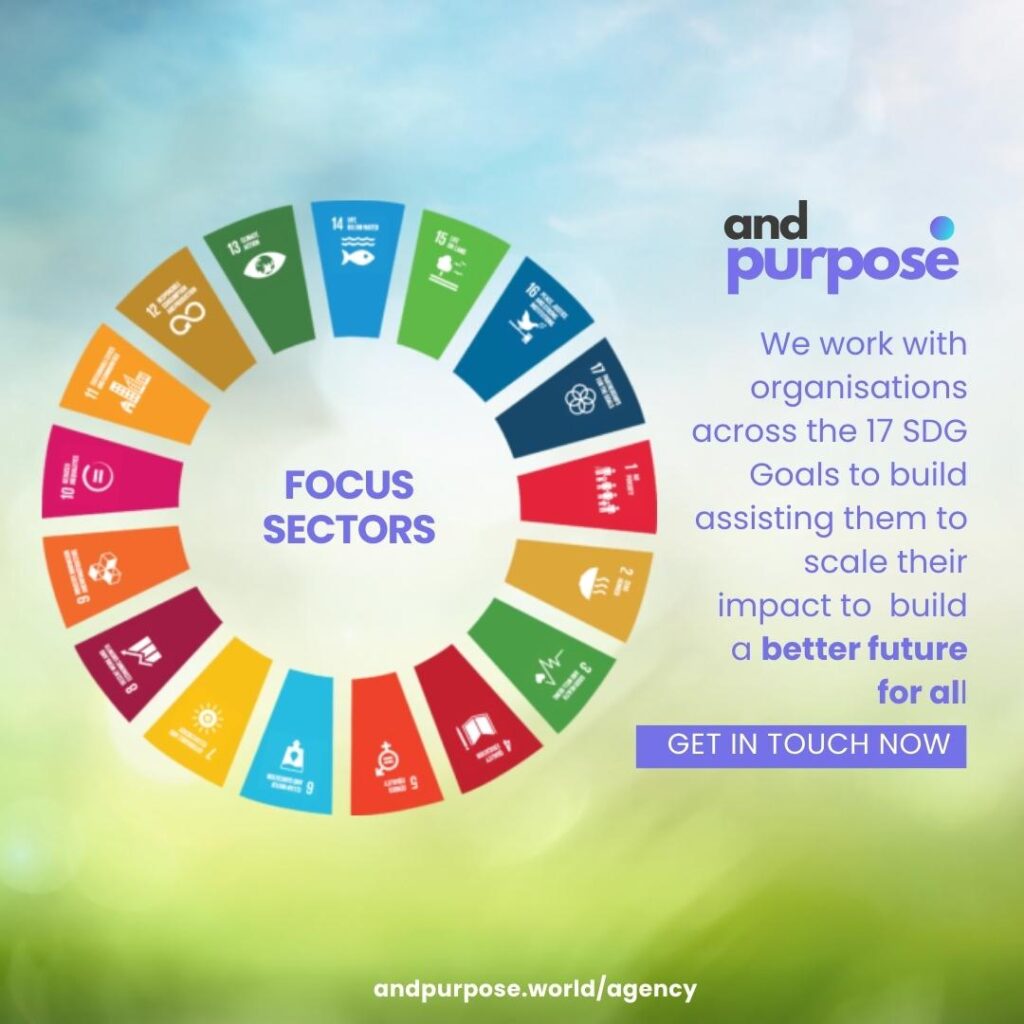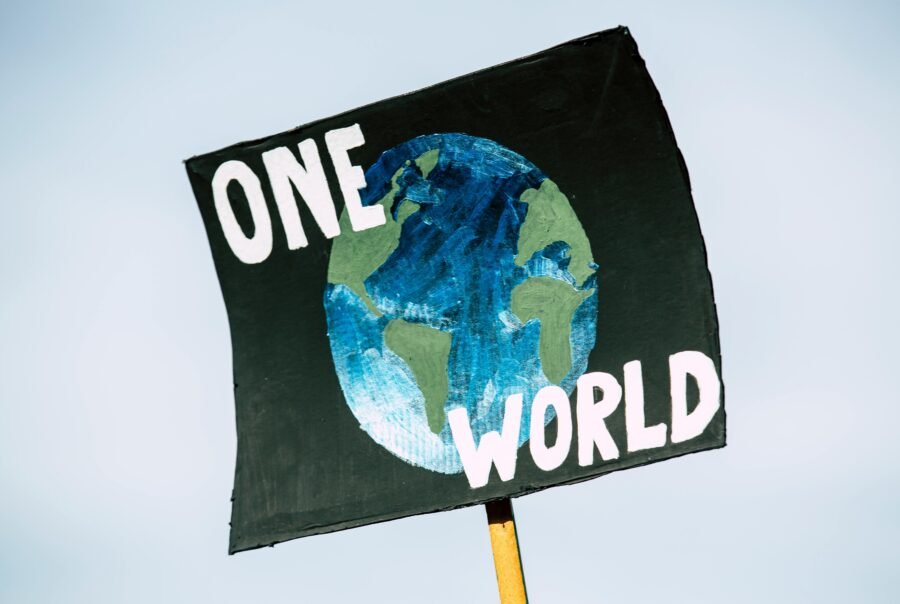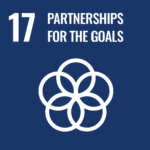Call for
Waste Management Technologies Program – India
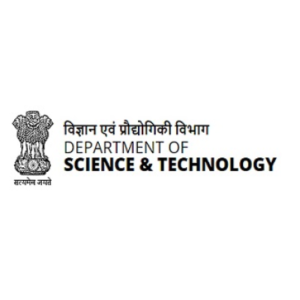
Application Deadline:
31 July 2025
About Organisation
The Department of Science and Technology (DST), Government of India, plays a pivotal role in promoting science, technology, and innovation in the country. It formulates and implements policies that strengthen research infrastructure and support cutting-edge technological development. Through its various initiatives, DST fosters collaborative efforts between academia, industry, and R&D institutions, aiming to solve pressing societal and environmental challenges. The department’s mission extends to nurturing talent, supporting early-stage research, and facilitating the commercialization of technologies. It operates through several specialized divisions, one of which is the Technology Translation and Innovation Division (TTID), which specifically focuses on converting laboratory-level research into deployable, scalable technologies. TTID is committed to encouraging innovations that have high societal impact, including sustainable environmental practices. With its extensive network and credibility in the scientific ecosystem, DST remains a key facilitator for research-led innovation and national development. The Waste Management Technologies scheme under TTID aims to address environmental concerns by supporting the development of sustainable waste management solutions across various sectors. This initiative aligns with India’s commitments to sustainability, circular economy, and technological advancement.
About the Grant
The Waste Management Technologies scheme launched by the Department of Science and Technology is designed to support the development and demonstration of innovative and sustainable technologies that mitigate environmental damage from industrial waste and unsustainable consumer practices. This initiative invites proposals that focus on creating or improving material recycling systems with minimal environmental impact and explores the techno-economic feasibility of such interventions. The grant targets key sectors including industrial, toxic, organic, and plastic waste management. For industrial waste, the focus is on extracting critical metals from secondary sources using a zero-waste approach. In the case of toxic waste, particularly chemical sludge from the textile industry, projects should demonstrate pilot-scale conversion into energy products like biochar or briquettes. For organic waste, technologies should aim to recover essential nutrients and soil enhancers from by-products like incineration ash or agricultural wastewater. Plastic waste initiatives should concentrate on upcycling with an emphasis on industrial application and resource efficiency. Pilot-scale demonstrations are crucial, particularly in collaboration with industry stakeholders. The program promotes interdisciplinary and multi-institutional collaboration to ensure practical, scalable solutions.
Who can Apply?
Applications are open to professionals actively engaged in scientific and technological research, including faculty members, scientists, engineers, and technologists from recognized Indian universities, academic institutions, and R&D laboratories. Eligible applicants must possess sufficient infrastructure and resources to undertake advanced R&D activities within their institution. Each proposal must designate a Principal Investigator (PI) who will take the lead in the project, while Co-Principal Investigators may represent collaborating institutions. The scheme strongly encourages proposals that reflect collaboration across institutions and disciplines, thus enabling comprehensive, real-world solutions to complex environmental problems. Preference will be given to projects that demonstrate partnerships with industry, especially where pilot-scale technology implementation is required. Applicants should be registered on the DST Online Portal as Principal Investigators to be eligible for submission. Projects focusing on recycling, upcycling, energy recovery, and resource extraction from various types of waste using environmentally sound methods will be prioritized under the scheme. The grant aims to empower innovators in the scientific community to build technologies aligned with sustainable development goals and India’s national environmental priorities.
How to Apply?
Interested applicants must register as Principal Investigators on the DST Online Portal and submit their detailed project proposals under the Technology Translation and Innovation Division’s Waste Management Technologies scheme. Ensure all documentation meets submission guidelines.
Application Deadline
Last Date To Apply
For more information, please visit the grant website here.

